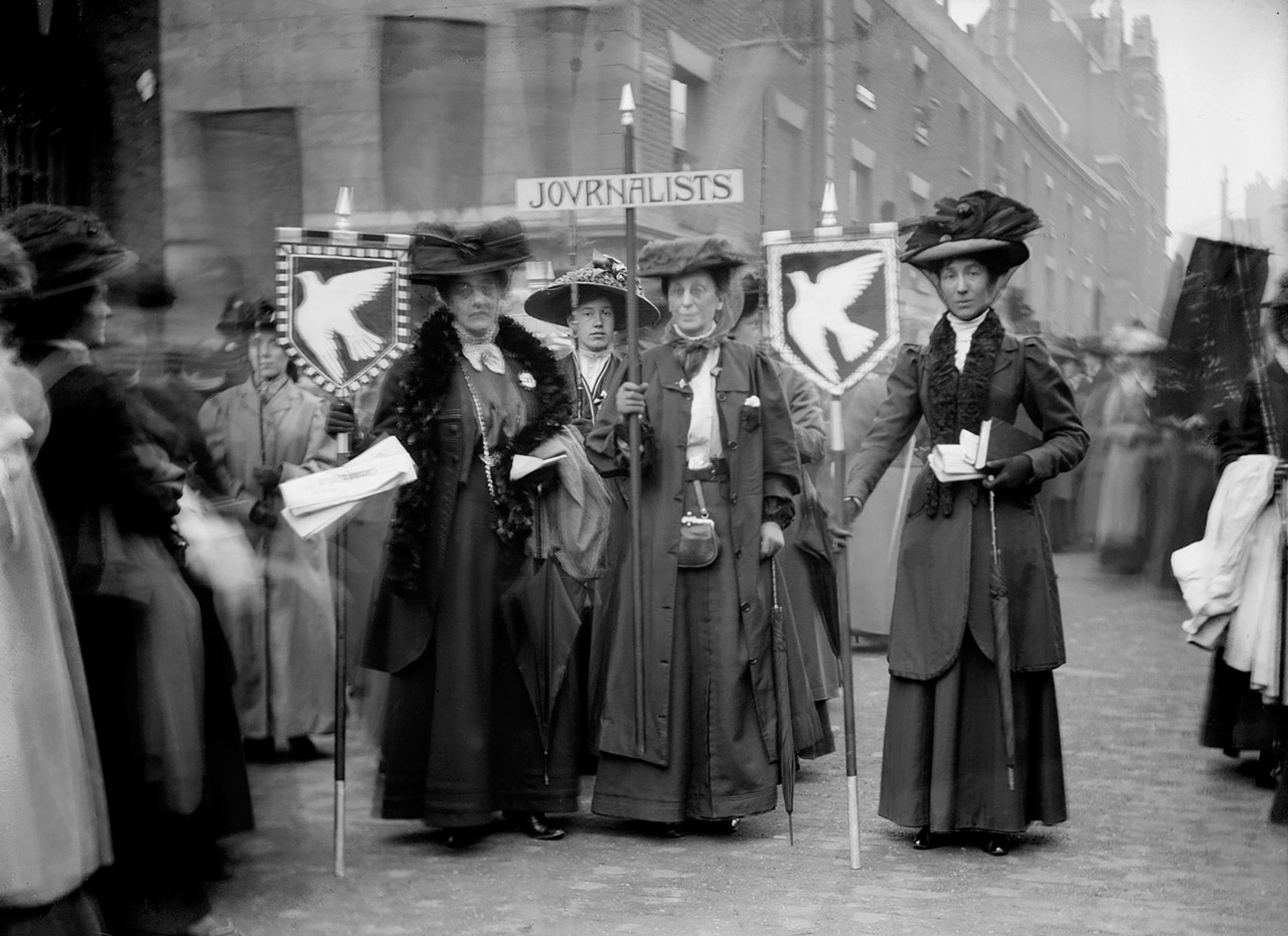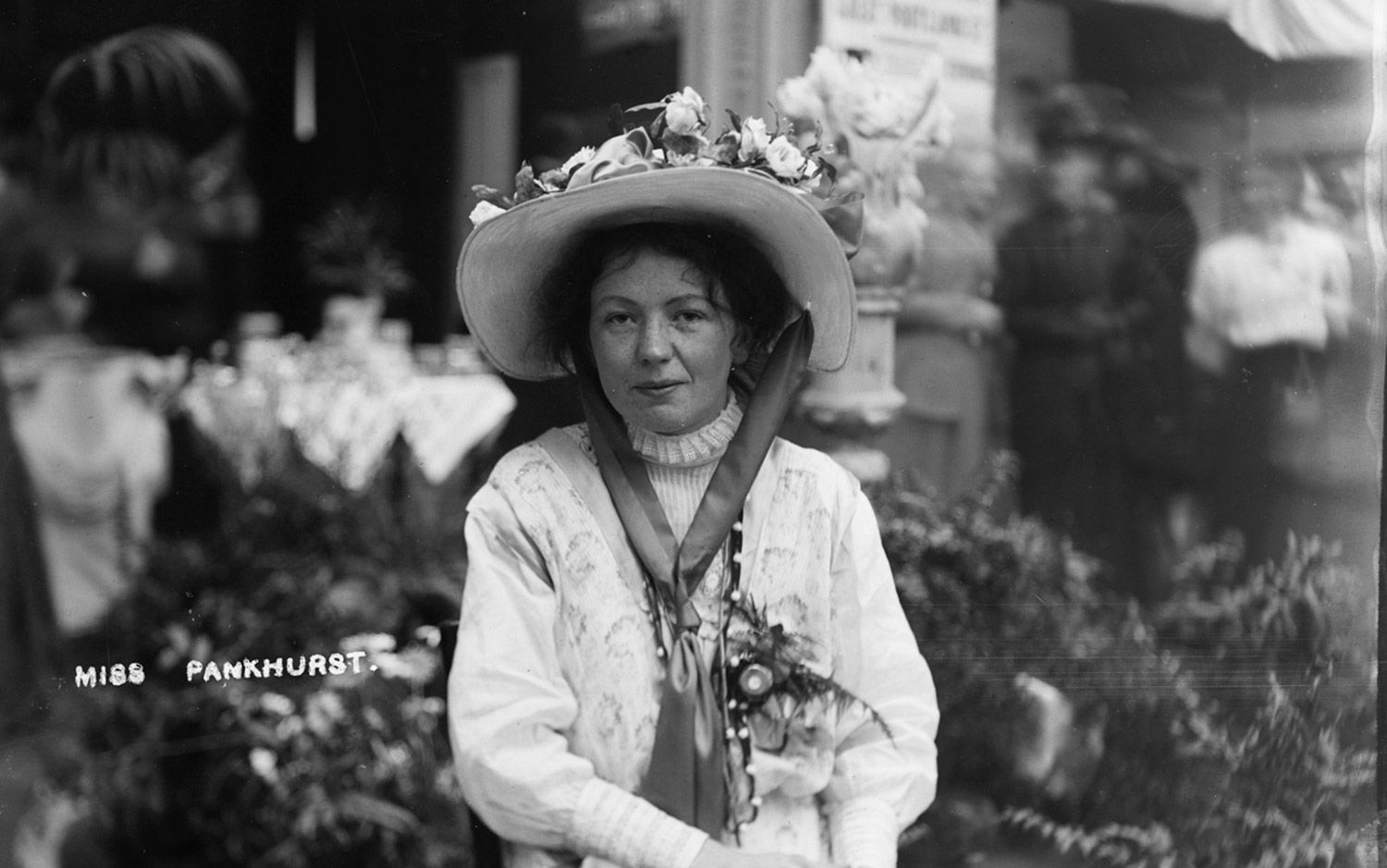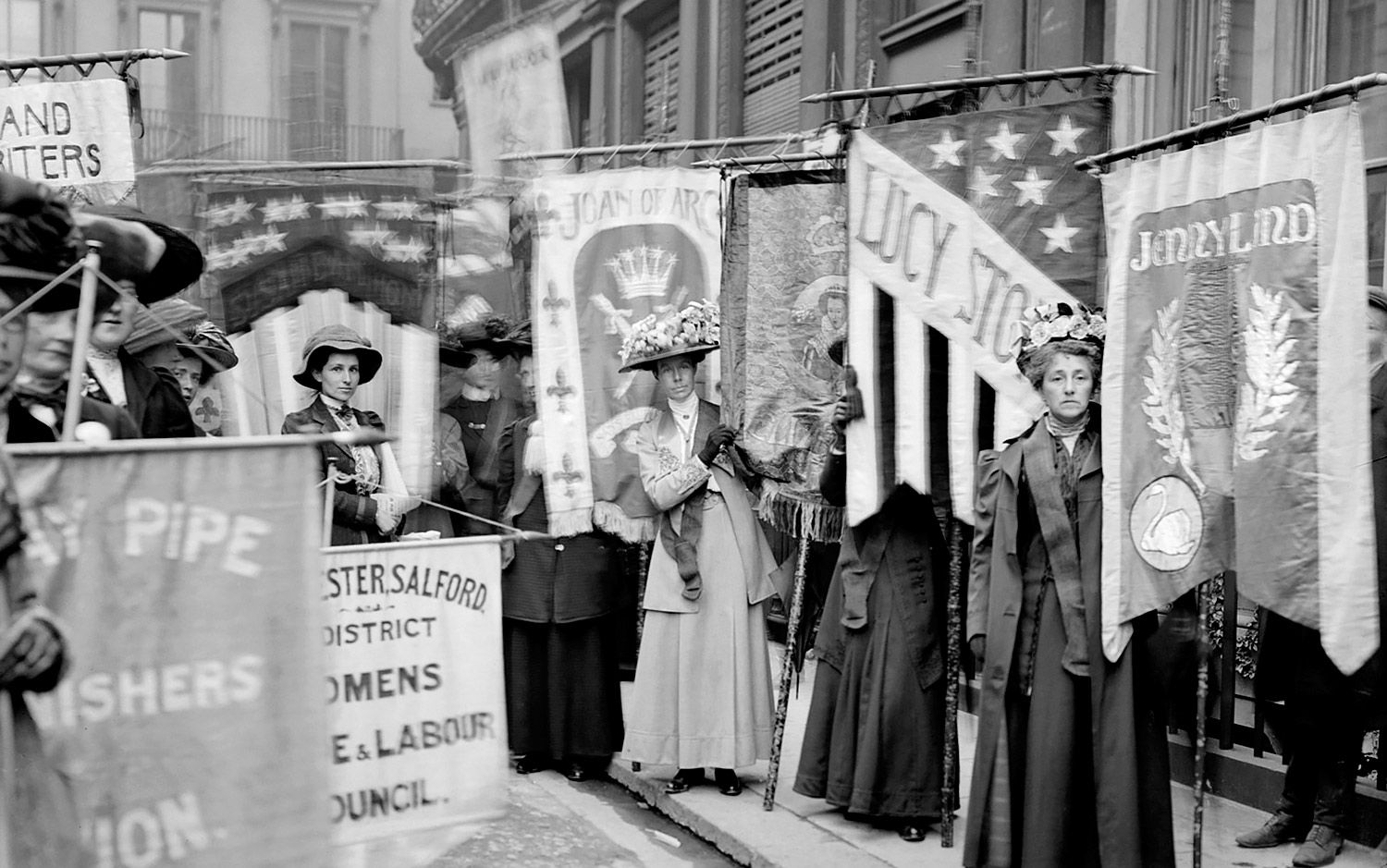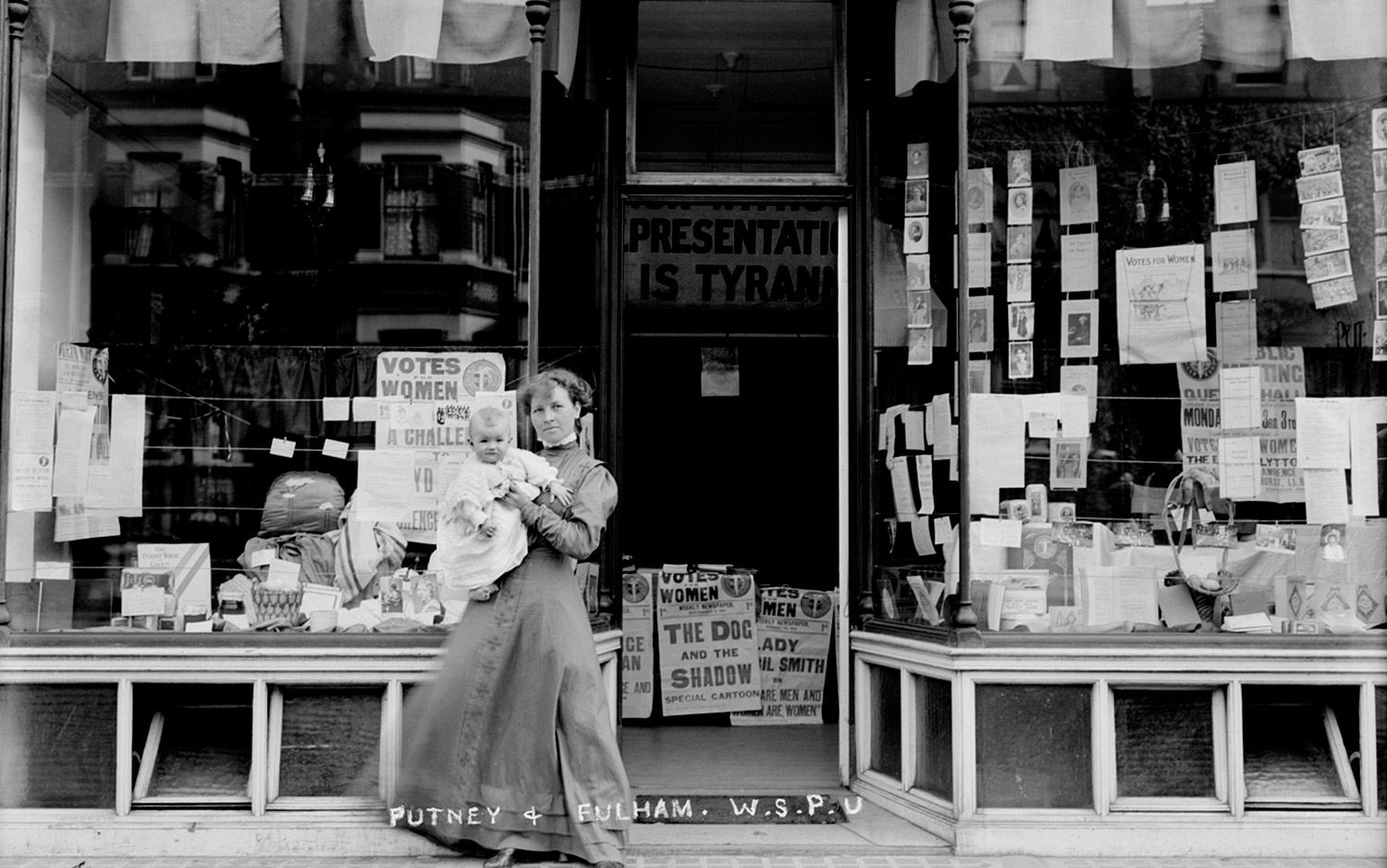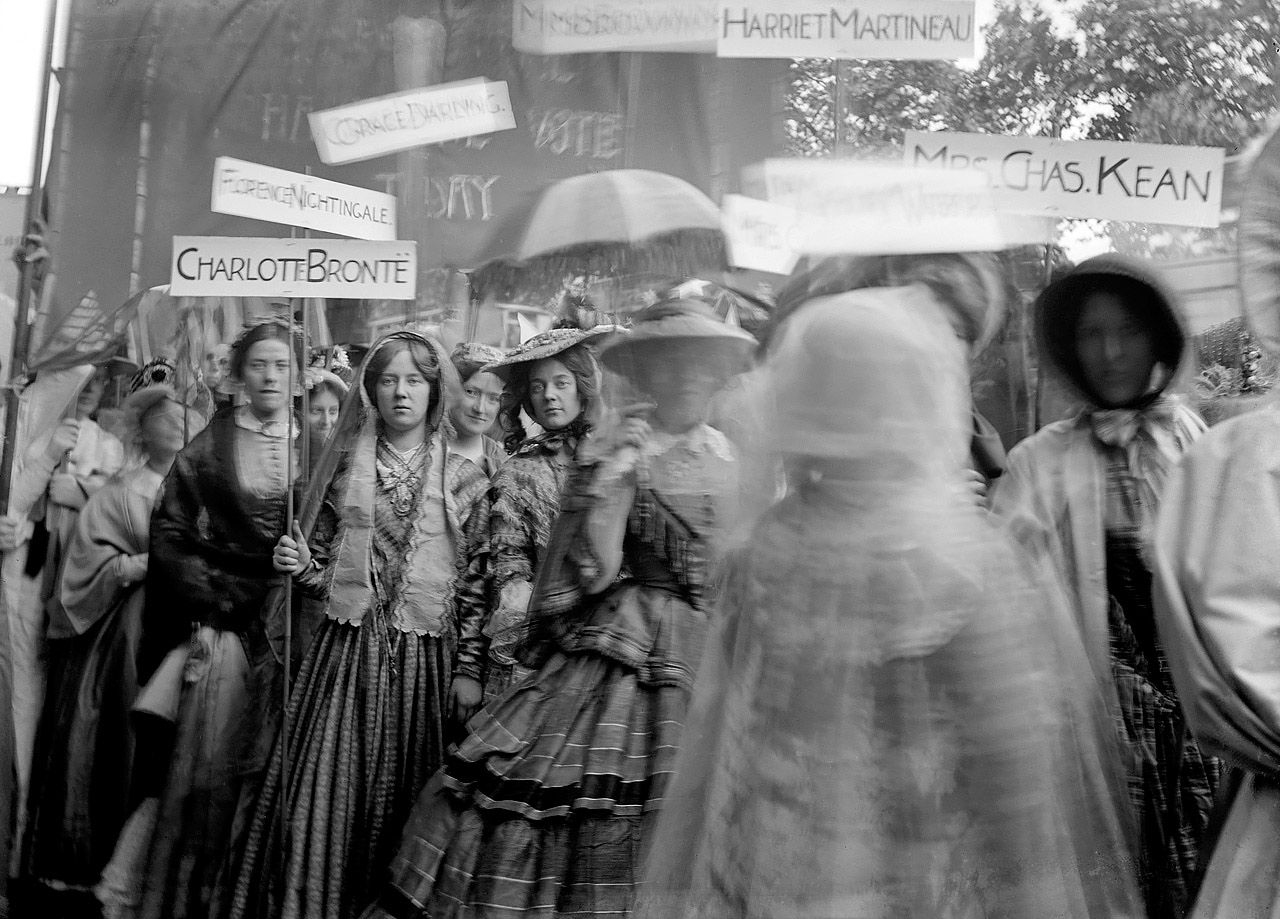The French Revolution was not enough. Mary Wollstonecraft wanted something more. She declared war against the patriarchy. She called for nothing less than ‘a revolution in female manners’. This revolution was not about how to set up or sit at the dinner table. It rather sought to overthrow the system of socialisation that made men and women prisoners of each other’s tyranny, rather than the virtuous companions whom they were meant to be.
Wollstonecraft waged her war in print. She targeted literary and intellectual giants – John Milton, Jean-Jacques Rousseau, Edmund Burke – for propagating absurd and pernicious ideas about the innate inferiority and natural subordination of women to men. With her pointed wit, she eviscerated a host of second-rate writers whose views on female education derived from this triumvirate. She chortled: ‘Indeed the word masculine is only a bugbear.’ Then she gladly granted them their premise. Men and women obviously differed in their bodies. On the whole, women appeared to be physically weaker, but it did not follow that deeper differences of intellect or virtue prevailed between the sexes. With strikingly gender-neutral language, she contended: ‘Whatever effect circumstances have on the abilities, every being may become virtuous by the exercise of its own reason.’
Wollstonecraft identified education as the culprit behind the inequalities between men and women. Education influenced every aspect of life, for it began in the crib, long before one learned language or went to school. Parents gave dolls and mirrors to infant girls, while letting baby boys toddle freely outside. These gross differences in the socialisation of young children, Wollstonecraft saw, bore consequences that could hardly be overstated. ‘The grand misfortune is this,’ she soberly noted, ‘that they both acquire manners before morals, and a knowledge of life, before they have, from reflection, any acquaintance with the grand ideal outline of human nature.’ Yet people applauded the difference in manners that education produced between the sexes. Women came to see and present themselves as weak and meek, and all the more attractive to men for it.
Women’s ‘rights and manners’, she insisted, must be considered alongside each other. If women were raised to see and treat themselves as mere toys and playthings of men, then they could not possibly avail themselves of the historic opportunity for civic engagement that the French Revolution had brought to them. To bring women’s ‘rights and manners’ into concert, people had to reconceive ‘rights and duties’ as inseparable. Into the narrow rights talk of the time – the ‘rights of man’, the ‘rights of men’ – Wollstonecraft infused a rich vocabulary of ‘rights and duties’. A Rational Christian Dissenter, she derived all rights from fundamental, God-given duties. Like Immanuel Kant, however, she never claimed that all duties generate a corresponding right. In her system of ethics, duty enjoyed moral primacy.
Wollstonecraft’s moral emphasis on duty animated her revolutionary politics. In order for women’s rights to be respected, men had to fulfil their duties to respect their wives, daughters, mothers and other women in their lives. Women had to learn self-respect, and to seize more than the few, meagre opportunities that patriarchal society had availed them. Once women and men together exercised their duties for respect of self and others, they would be psychologically and socially capable of respecting and recognising one another’s rights in law and culture.
Wollstonecraft’s theory of equal rights and their political realisation requires a transformation of how men and women perceive and relate to each other. No longer could men view women as weak and dependent creatures, or mere toys and playthings for their sexual pleasure. No longer could women view men as their lords and masters, the rulers of their entire way of life. It began with a change in self-understanding, for both men and women. A psychological change of such depth would require reform of education on the deepest level too. Only comprehensive education and religion could accomplish this kind of change.
Wollstonecraft was a governess, a primary school teacher, and a disciple of the Dissenting Christian minister and abolitionist Richard Price. From these experiences – ordinary and extraordinary – she learned how to bring education and religion together to advance a cultural revolution that would make Burke quiver. It would push women to stand up and speak out alongside men as moral equals – deserving of the same civil and political rights and bound by the same God-given duties.
Six weeks of single-minded writing produced A Vindication of the Rights of Woman. Published early in 1792, it was an instant international success. Although the title suggested its vindictiveness toward men’s mistreatment of women, its arguments are free from personal vitriol or bias toward her fellow women. Her core thesis was measured and even-handed: ‘I do not wish them [women] to have power over men; but over themselves.’
As we contest our own patriarchs in media wars on the internet, it is still time to heed her revolutionary message. The dedication and introduction of Wollstonecraft’s book lay out the first steps toward bringing down the patriarchy for the betterment of all humanity.
Eileen Hunt Botting is professor of political science at the University of Notre Dame in Indiana. Her books include Wollstonecraft, Mill, and Women’s Human Rights (2016) and Mary Shelley and the Rights of the Child: Political Philosophy in ‘Frankenstein’ (2017).
